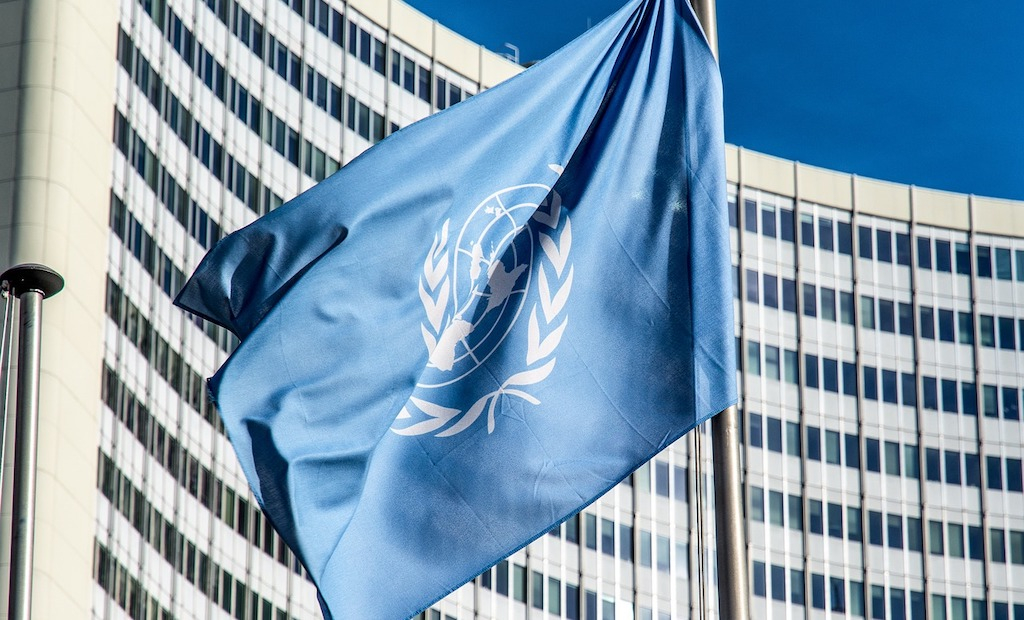Annual UN general assembly begins

Today marks the opening of the 68th United Nations General Assembly, with representatives from nearly 200 member states present in New York to discuss the biggest issues in global politics.
The ongoing crisis in Syria looks set to dominate discussions, with US President Barack Obama expected to use his opening speech to raise his concerns about the alleged use of chemical weapons.
This is likely to make for some tough negotiations between Moscow and Washington, with Russia and the US still seemingly at odds on how to proceed in Syria.
Russian foreign minister, Sergey Lavrov has claimed that the US is putting pressure on Moscow to accept a UN resolution allowing military intervention in Syria.
The spotlight is also set to be on relations between Iran and the US, with some predicting there may at last be a thawing in the frostiness that has characterised the last three decades of interaction between the two states.
Iranian President Hassan Rouhani is due to give a speech later on today, and has tweeted ahead of the event: “Ready for constructive engagement [with the] world to show real image of great Iranian nation.” He then added that Iran was a “peace-loving nation”.
Israel has already tried to derail any potential reconciliation, claiming that Iran’s approach is merely a smokescreen for nuclear weapons development. When asked if he thought Obama and Rouhani would shake hands, the Israeli delegate to the general assembly Yuval Steinitz said: “I hope not.”
However, other attendees seem much more upbeat about the prospect of normalised relations between Iran and the west, with the EU’s foreign policy chief Catherine Ashton saying: “I was struck by the energy and determination the [Iranian] foreign minister demonstrated.”
A poll conducted by Avaaz found that 74% of Americans and 80% of Iranians would like to see direct talks between the two states.
Another hot topic is likely to be the National Security Agency (NSA) scandal, with many prominent leaders from South America in particular furious at having been spied on by the US agency.
Brazilian President Dilma Rousseff has demanded an apology from the US and the issue is likely to feature in many key speeches by South American leaders. Furthermore, Venezuela is said to be outraged but the US’s refusal to grant visas to some of its delegation to the General Assembly.
The gathering will be running until the weekend with a range of speeches, debates and policy meetings.
Joe Turnbull
























Facebook
Twitter
Instagram
YouTube
RSS